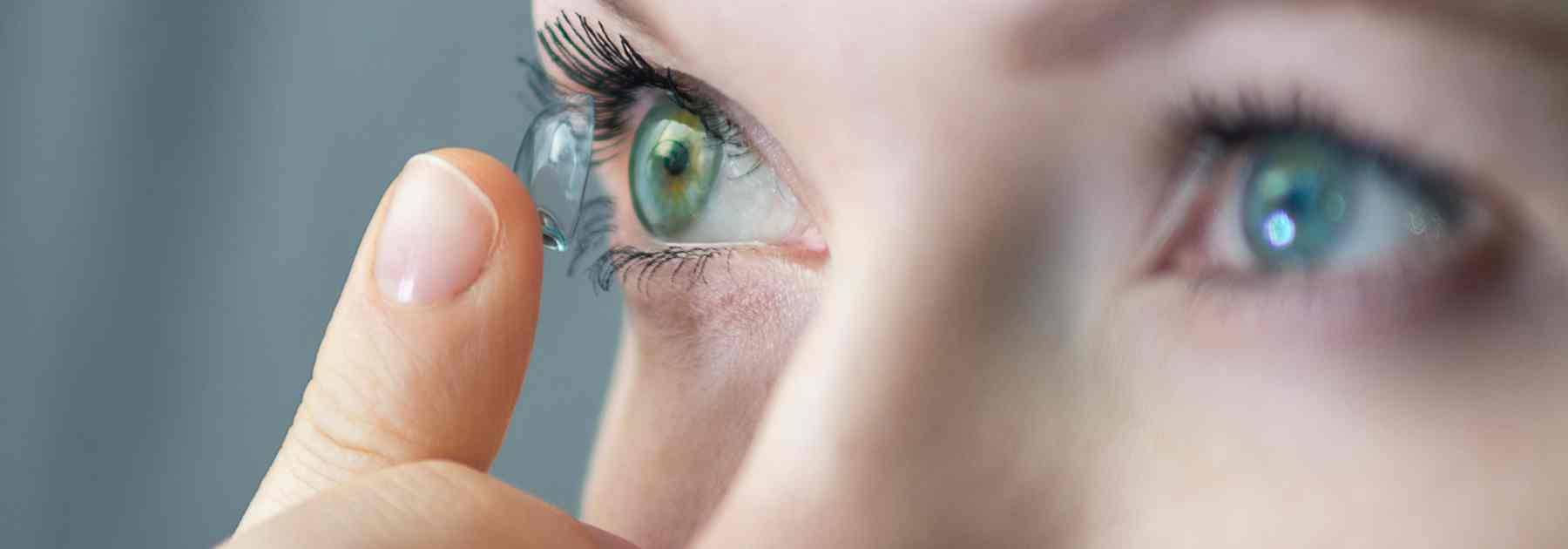Dry eyes are a common condition that can cause discomfort, irritation, and even blurred vision. At Halo Health, we understand how frustrating it can be to deal with this issue. Dry eyes occur when your eyes don’t produce enough tears or when the quality of your tears isn’t sufficient to keep your eyes moist. There are several reasons why you might experience dry eyes, ranging from environmental factors to underlying medical conditions. In this blog, we’ll explore the causes of dry eyes and recommend the best eye drops to help manage your symptoms.
Common Causes of Dry Eyes
There are many potential causes of dry eyes, and understanding what’s behind your symptoms can help you find the right treatment. Below are some of the most common factors contributing to dry eyes.
1. Ageing
As we age, tear production naturally decreases. People over 50 are more likely to experience dry eyes as their eyes produce fewer tears, leading to chronic dryness and discomfort.
2. Environmental Factors
Dry or windy conditions, such as being in a heated or air-conditioned room or spending time in front of a fan, can dry out your eyes. Prolonged exposure to screens, like computers or smartphones, can also contribute to dry eyes because we tend to blink less when focusing on digital screens.
Allergies can also lead to dry eyes, as allergens like pollen, dust, or pet dander trigger an immune response that affects the tear film, causing inflammation and reduced tear production. This can result in the uncomfortable combination of dry, irritated eyes alongside other allergic symptoms such as itching, redness, and swelling. Managing dry eyes caused by allergies typically involves using eye drops such as Opticrom.
3. Medications
Certain medications can cause dry eyes as a side effect. Common culprits include antihistamines, decongestants, antidepressants, and blood pressure medications. If you suspect your medication is contributing to your dry eyes, speak to your GP or pharmacist about possible alternatives.

4. Contact Lens Use
Wearing contact lenses for long periods can lead to dry eyes, as lenses absorb moisture from your tears. Regular contact lens users may be more prone to experiencing dryness, especially if they wear them without proper hydration breaks.
5. Hormonal Changes
Hormonal changes, particularly in women, can affect tear production. Pregnancy, menopause, and the use of oral contraceptives can all lead to a reduction in tear quality or quantity, resulting in dry eyes.
6. Autoimmune Disorders
Autoimmune conditions, such as lupus and rheumatoid arthritis, can cause chronic dry eyes by affecting the body’s ability to produce sufficient tears. Sjögren’s syndrome, in particular, is known for causing dry eyes and dry mouth as part of its primary symptoms.
7. Blepharitis
Blepharitis is an inflammation of the eyelids that can affect the tear film and lead to dry eyes. It causes redness, irritation, and crusting around the eyelashes, which can worsen dry eye symptoms.
8. Diabetes
People with diabetes are more prone to developing dry eyes. High blood sugar levels can affect tear production and lead to nerve damage, making it harder for the eyes to stay adequately lubricated.
9. Laser Eye Surgery
While laser eye surgeries like LASIK are generally safe, they can sometimes cause dry eyes during the healing process. This is because the surgery can temporarily disrupt the nerves that help stimulate tear production.
Q&A: Common Questions About Dry Eyes
Q: How do I know if I have dry eyes?
A: Common symptoms include a stinging or burning sensation, feeling like there’s something in your eye, redness, sensitivity to light, and blurred vision. If you’re experiencing any of these symptoms, you may have dry eyes.
Q: Can dry eyes lead to complications?
A: While dry eyes are usually more uncomfortable than dangerous, untreated severe cases can lead to inflammation, corneal ulcers, and eye infections. This is why it’s important to manage the condition properly.
Q: Can lifestyle changes help with dry eyes?
A: Yes! Taking regular breaks from screens, increasing humidity in your home, wearing sunglasses to protect against wind, and drinking plenty of water can help alleviate dry eye symptoms.

The Best Eye Drops for Dry Eyes
When it comes to treating dry eyes, eye drops are often the first line of defence. At Halo Health, we recommend choosing the best eye drops based on your specific needs:
1. Artificial Tears
Artificial tears are over-the-counter eye drops designed to mimic natural tears. They can provide quick relief by lubricating the eyes and are available in both preservative-free and preserved formulations. For those with chronic dry eyes, preservative-free drops may be better as they are gentler on the eyes.
2. Gel Drops
For more persistent dry eyes, gel drops offer longer-lasting relief. They are thicker than standard drops and can provide moisture for several hours. They may temporarily blur your vision after application, so they are often best used before bed.
3. Lipid-Based Drops
Lipid-based drops are beneficial for those whose dry eyes result from issues with the oil layer of the tear film. These drops help replenish the oily layer, preventing tears from evaporating too quickly and providing longer relief.
4. Prescription Eye Drops
For more severe cases, prescription eye drops like cyclosporine or lifitegrast may be needed. These drops work by reducing inflammation in the tear glands and helping to increase tear production.
5. Eye Drops for Contact Lens Wearers
If you wear contact lenses, you may need specific eye drops that are safe for use with lenses. These drops are formulated to rehydrate your eyes without damaging your lenses or causing discomfort.
Seeing Clearly
Dry eyes can be caused by various factors, from environmental conditions to underlying medical issues. The good news is that effective treatments are available, and with the right eye drops, you can find relief quickly. At Halo Health, we offer a range of the best eye drops to suit different needs, ensuring your eyes stay comfortable and hydrated. If you’re experiencing persistent dry eye symptoms, contact us for expert advice and recommendations on the best treatment options.
This blog was written on behalf of Halo Health by Pharmacy Mentor.

